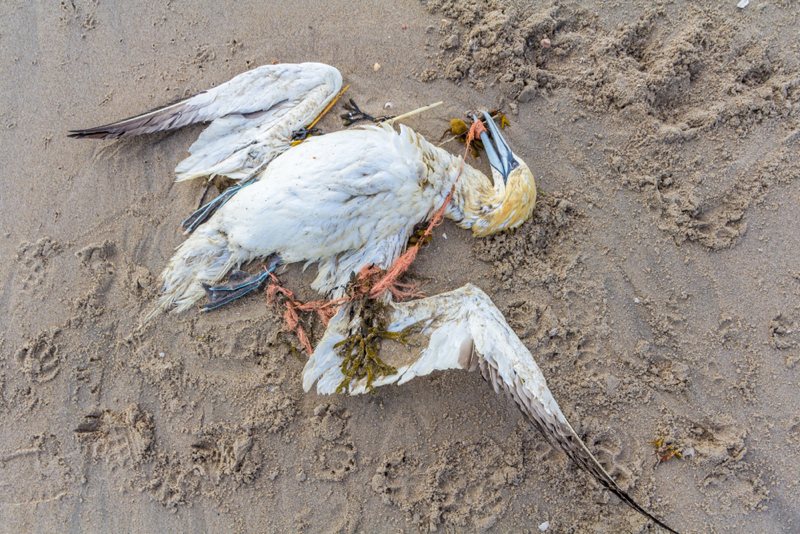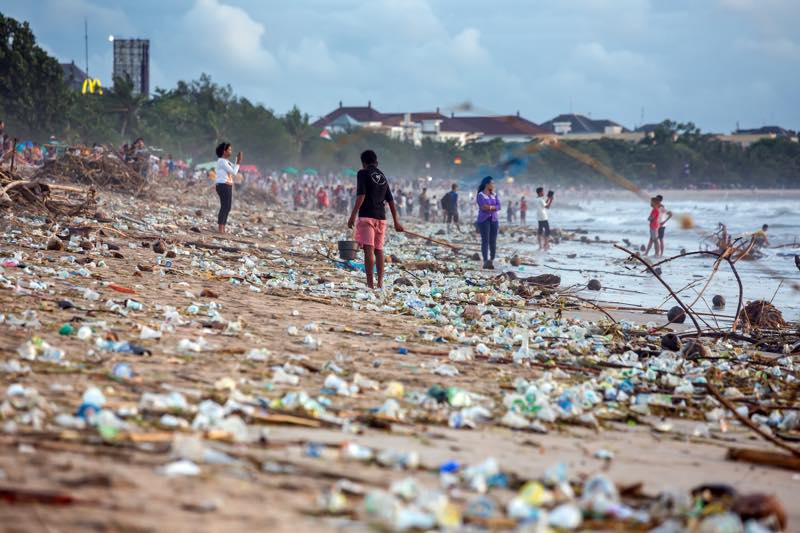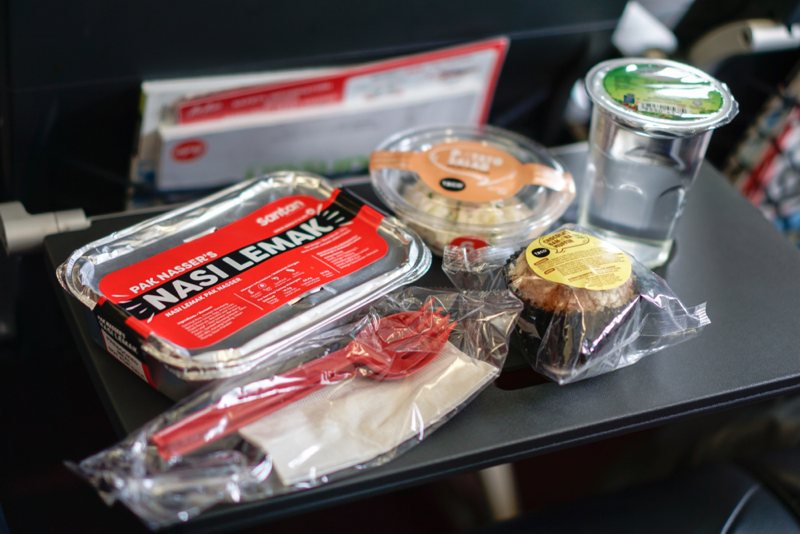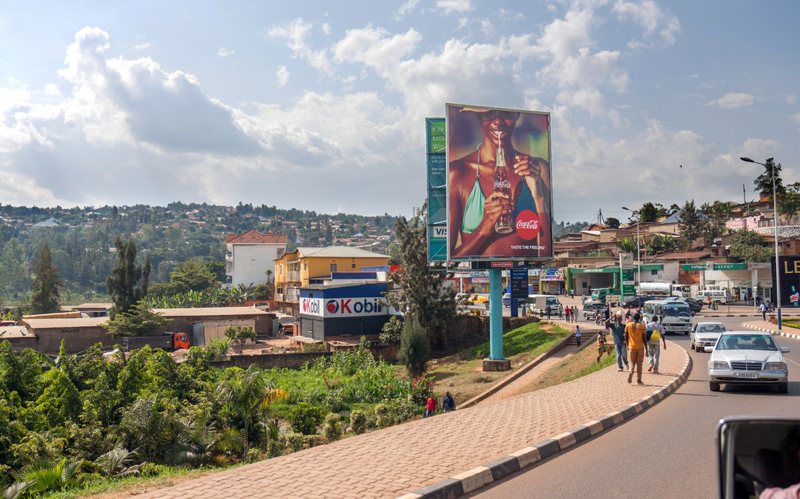From plastic waste strewn on pavements across cities to plastic bags floating in the oceans, plastic pollution is a pressing environmental issue. We must take action now.
Posted on : 2019-12-06 13:24:30
The prevalence of plastics, coupled with our poor environmental behaviour, has created mountains of plastic waste that overfill landfills, overwhelm recycling facilities, clog sewage systems, ruin our oceans, and spoil our landscapes.
Plastic waste and plastic debris are known to harm our fragile ecosystems and animals in two ways:
- Wildlife, particularly marine animals, become trapped by plastics
- Animals, particularly birds and marine animals, digest plastic unintentionally or indirectly through the ingestion of prey species containing plastics
Once plastics disintegrate and become micro-plastics, they can accumulate in food chains through water supply, marine animals, and also agricultural soils. As we eat crops, animals and drink water, our health may be at risk too. Yet as of today, the impact of micro-plastics on human health through ingestion (from contaminated food) and inhalation (from burnt plastic fumes) is not yet properly studied or understood.

Plastic pollution in the tourism sector
To combat plastic waste, many countries have banned disposable plastic shopping bags and are phasing out plastic straws. While sensible, these are just the tip of the plastic iceberg. Plastics, particularly single-use plastics, are so prevalent and so much a part of our daily lives that most companies and individuals can’t avoid using them completely.
The travel industry faces an extreme challenge due to the following reasons:
1. The nature of travel encourages short-termism
Airlines, hotels, tour operators, all serve you from a short few hours to a few days, and during this short period they need to meet your basic needs safely and inexpensively. So many of them provide disposal plastic cutlery for you to eat inflight meals, which are themselves delivered in plastic containers, along with toiletries in tiny bottles for you to wash and moisturise, water bottles to quench your thirst, and then sell you souvenirs in plastic packaging to take home.
2. Price competition
Let’s face it, plastics are cheap, practical and convenient. Many companies, under immense pressure to compete, cut costs by replacing products with plastics. For example, hotels use plastic cups and tiny shampoo bottles because they streamline the housekeeping process. If housekeepers take more time to wash cups and refill toiletries in each room, then the cost per room is going to be higher, not to mention the turnaround time will be longer (which is likely to impact the customer experience).
3. Lack of waste management at destinations
A large number of popular tourist destinations are on islands, once remote places like Mount Everest, and highly-populated cities like New York. Many of these destinations do not have adequate systems to manage and recycle waste locally. They send plastic waste to far-flung landfills or burn them. In the case of Mount Everest, the Nepalese Army helicopters are being used to carry some of the waste off the mountains.

4. Other reasons
Once upon a time, airlines used to serve meals on china plates and with stainless steel cutlery. But security threats, theft (mainly from passengers) and weight (they are heavier and will increase the plane’s weight) have led airlines to use them selectively, like only in first-class and business-class cabins where there are fewer passengers. Also, airlines are required to meet high food safety standards, such as your inflight meals being properly contained in plastic boxes to lessen the chance of contamination.

Tackling plastic pollution
Tackling plastic pollution requires effort from all parties, including governments, private companies, locals and travellers. Let’s take a look at some policies imposed by public and private sectors to fight plastic waste and tackle plastic pollution.
- A pioneer in sustainability, Rwanda banned plastic bags and plastic packaging from 2008, long before other nations chose to act. Only certain industries in Rwanda like hospitals can import, produce, or use plastic bags and plastic packaging.
- Machu Picchu banned travellers using single-use plastics (bags, straws and water bottles) from December 2018. Only reusable water bottles are allowed.
- Etihad stopped using single-use plastics on its long-haul flights from April 2019.
- Scandinavian Airlines (SAS) introduced sustainable packaging from December 2019 and uses plant-based plastic if plastic is needed for food safety requirements.
- Marriott and its brands (Sheraton, Westin and Ritz-Carlton) will stop providing toiletries in single-use plastic bottles from December 2020.

What can travellers do to cut plastic waste?
Holidays are supposed to be fun, exciting, and relaxing. None of us would choose to go to a destination that is drowning in plastic waste on purpose. But we must acknowledge that we are part of the problem that contributes to the demise of the planet. As such, we must become part of the solution; we must educate ourselves and take proactive steps to become a more sustainable traveller.
Here are some simple things that we can do when we go on holiday:
- Choose airlines, hotels, and travel operators that are committed to reducing plastic waste
- Always carry a reusable bag
- Always carry a reusable water bottle
- Take reusable cutlery with you
- Pack your toiletries in reusable bottles
- Use your own headphones or reusable earbuds
- Say no to single-use plastics, anything from plastic cups, tiny bottles to straws
- Volunteer in a clean-up
It starts and ends with us, the people of this planet. When we make small positive changes, we are positively influencing individuals, companies and destinations. This means that very soon, collectively we can create a global movement to end plastic pollution, restore our oceans and our landscapes.

